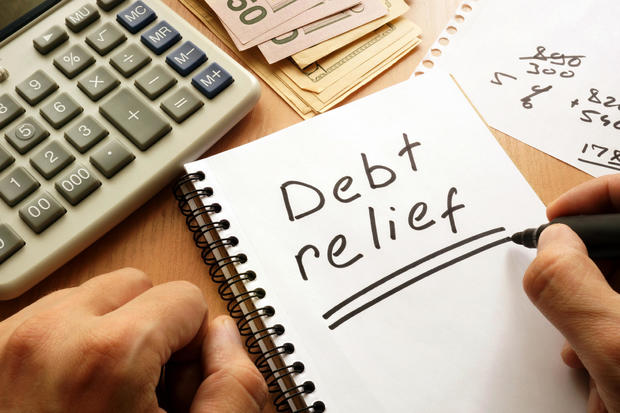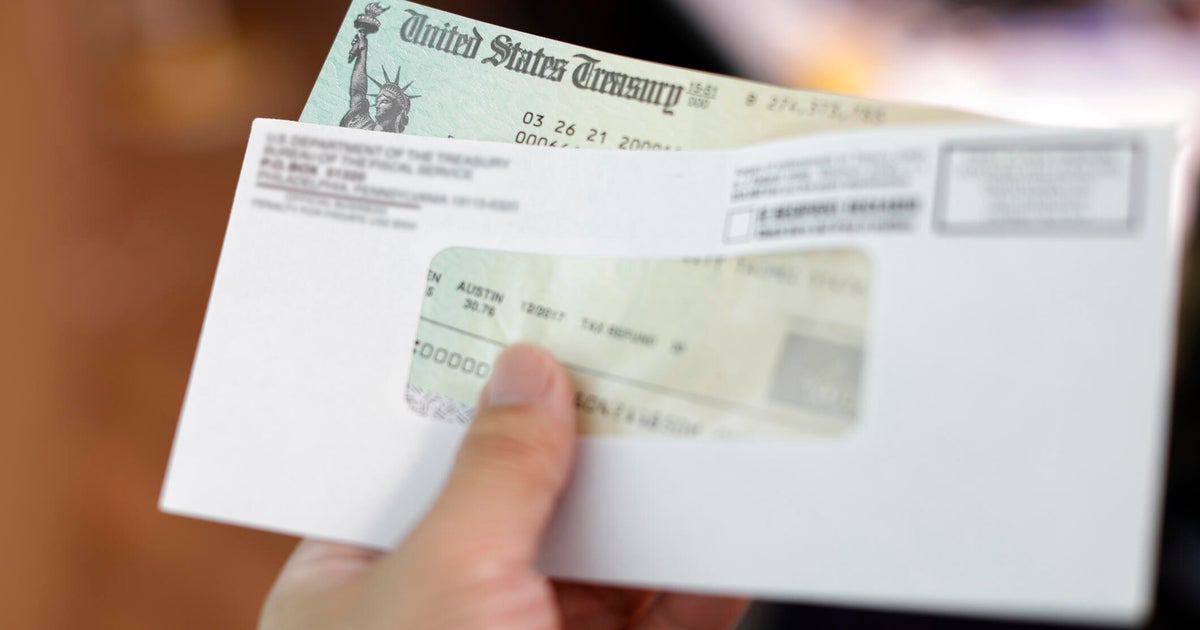Is debt relief a good idea?
The last few years have been tough for a lot of Americans due to high interest rates and higher gas, grocery and housing prices caused by persistent inflation. In turn, many people are struggling to afford large purchases, pay for emergencies and generally make ends meet. And, many people are incurring debt as a result.
According to a TransUnion report, total credit card balances rose from $785 billion at the end of 2021 to $930 billion at the end of 2022. Total personal loan balances rose from $167 billion to $222 billion over the same period. With the average borrower having $5,805 in credit card debt and $11,116 in personal loans, it's no surprise delinquencies are also up.
If you're struggling to pay down your debt, debt relief is one way to avoid becoming one of these delinquencies. In this article, we will discuss how it works and whether it's right for you.
Start exploring your debt relief options by getting a free savings estimate here.
Is debt relief a good idea?
Debt relief services help you evaluate your situation, weigh your options and create a plan that works for you. Here are three reasons why it may be a good idea for you.
It can help you pay off your debt faster
If you're struggling to make more than the minimum payments on your debt, it could take years (if not decades) to pay it off. Working with a debt relief service can help you bring your balances and payments down to a more manageable level, allowing you to pay them off in a fraction of the time you might have otherwise (and for a fraction of the cost).
It can help you avoid bankruptcy
Bankruptcy should be a last resort. A Chapter 7 bankruptcy stays on your credit report for up to 10 years and a Chapter 13 for up to seven. This significantly hurts your credit score and can raise red flags for potential employers and landlords, affecting your prospects for years after.
While debt relief may lower your credit score, the hit is usually smaller. For example, bankruptcy can drop your score by 200 points or more, while debt settlement tends to drop your score by closer to 100 points.
It can help you get back on track financially
If money is already tight, making even the minimum payments can be difficult. But the less you pay, the more interest you incur, locking you in a vicious cycle where your balance keeps growing despite your best efforts to pay it down.
If you're doing everything you can to pay off your balances but can't seem to make any headway, debt relief can help you stop treading water and rebuild your finances. Find out what debt relief options are available to you here.
Debt relief options
Debt relief comes in several forms that may be advantageous. Here are four to know:
- Debt consolidation: Taking out a loan to pay off high-interest debt at a lower interest rate
- Debt management: Creating an agreement with your creditors to pay down your debt, often involving lowering your balance and/or interest rates
- Debt settlement: Negotiating with your creditors to reduce your balances in exchange for agreeing to pay a certain amount within a specific time
- Debt forgiveness: Negotiating with your creditors to cancel your balances or reduce them in exchange for agreeing to pay a lump sum
With multiple options to choose from, debt relief can free you from the financial and emotional stress of a high debt load. Discover your debt relief options here.
Other considerations
While debt relief can help you get out from under crushing debt, there are some potential drawbacks to be aware of.
- Credit score decrease: Debt relief services require you to stop paying your creditors while they negotiate a plan with them. This can hurt your credit score (although not as much as bankruptcy). In addition, debt settlement and forgiveness stay on your credit report for up to seven years.
- Rates and fees: Debt consolidation loans carry interest rates, and debt settlement services typically charge you a percentage of your total outstanding debt. Read all terms and compare services to make sure these expenses won't outweigh any relief you receive.
- Scams: Some bad actors take advantage of borrowers desperate to fix their situation. Avoid them by watching out for red flags like requiring upfront payment and guaranteeing specific (often incredible) results. Be sure to do your research and choose a reputable debt relief company.
The bottom line
Debt can be overwhelming. It impacts your financial situation now and in the future and can cause significant stress. If your debt load has become unmanageable, debt relief is worth considering. Just be sure to explore your options, including any interest and fees you might incur. And once your debt is gone, create a budget and savings plan to ensure you never wind up in a similar situation again.




